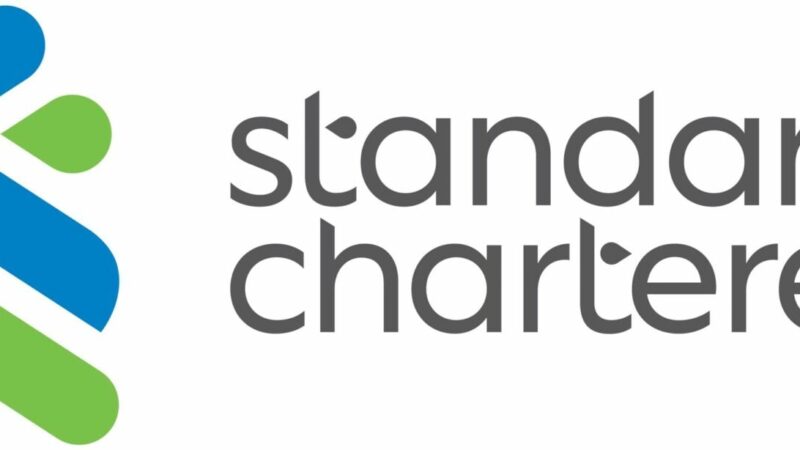Nestlé expands operations to boost food security
 Nestlé has announced the expansion of its research and development operations in Sub-Saharan Africa, with a renewed commitment to boosting nutrition, food security, and agricultural productivity across the region.
Nestlé has announced the expansion of its research and development operations in Sub-Saharan Africa, with a renewed commitment to boosting nutrition, food security, and agricultural productivity across the region.
Speaking at the company’s R&D Centre in Abidjan, Ivory Coast, senior executives highlighted Nestlé’s long-term strategy to innovate on products while working with local research institutions, farmers, and universities.
According to the Head of Corporate Communication and Public Affairs for the Central and West Africa Region, Patricia Ekaba, Nestlé’s research network is anchored on three pillars: fundamental research, product and technology development, and regional centres that focus on consumer needs.
“Our presence in Africa is to ensure we are close to consumers and communities, to understand their nutritional gaps and preferences, and then innovate solutions that address those needs,” she said.
Also, the Head of R&D Sub-Saharan Africa, Tesfalidet Haile, noted that Nestlé currently invests about 1.7bn Swiss francs annually in global R&D, with over 4,000 researchers and developers working across 22 R&D centres worldwide. Of this number, between 55 and 70 scientists, technologists, and engineers are based in Abidjan, focusing on Africa’s unique food and nutrition challenges.
Also, the Head of Nestlé’s Regulatory and Scientific Affairs team for Sub-Saharan Africa, Florence Kacou, explained that the company maintains a single global standard in product safety and nutrition.
“There are no double standards. Every product we design for Africa follows the same global processes to ensure safety, quality, and nutritional value,” she said.
Kacou noted that Nestlé has partnered with institutions such as the National Agronomic Research Centre in the Ivory Coast and the International Institute of Tropical Agriculture in Nigeria to improve the yield and resilience of crops like maize, cocoa, and coffee.
Additionally, a nutritionist at Nestlé’s R&D centre, Audrey Essilfie, stressed the company’s focus on infant nutrition, particularly exclusive breastfeeding and the fight against stunting and anaemia.
Essilfie added that beyond research, the company has established demonstration farms and training programmes for local farmers in Ivory Coast, aimed at promoting best agricultural practices, climate resilience, and improved income. This includes the Nestlé Cocoa Plan and its Income Accelerator Programme, which supports cocoa-growing communities.
While reaffirming its commitment to compliance with global and local regulations, particularly in infant-milk substitute marketing, Compliance Officer, Medical and Scientific Affairs, Nestlé CWAR, Mopelola Olaiya, called for collaboration to promote public education on breastfeeding, nutrition, and healthy lifestyles.







